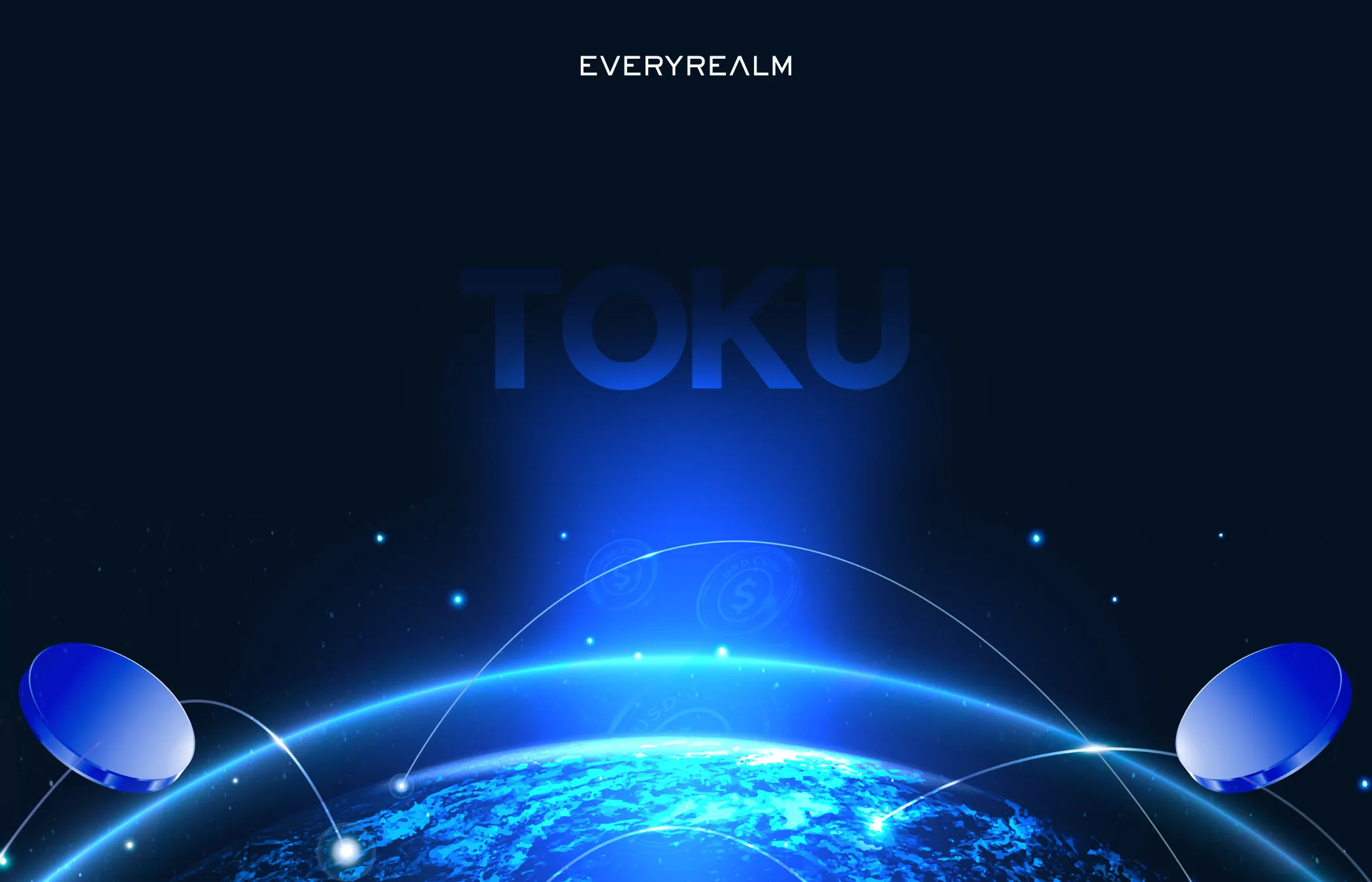
Case Study: How OpenSea Foundation Launched Stablecoin Payroll in the UAE with Toku
The Problem: Paying Global Talent in Stablecoins Without Local Entities or Compliance Risk

.avif)
OpenSea Foundation used Toku’s Employer of Record (EOR) and stablecoin payroll infrastructure to hire and pay contributors legally in the UAE - without setting up a local entity.
The result: compliant, instant payments in USDC with full visa sponsorship and reporting automation.
The Challenge
Paying Global Talent in Stablecoins - Without Local Entities or Compliance Risk
OpenSea Foundation, the non-profit arm supporting the world’s largest NFT marketplace, recently expanded operations into Dubai to strengthen its presence in the Middle East.
As with many globally distributed organizations, the foundation faced a familiar challenge: how to hire, pay, and support international talent quickly and compliantly while giving contributors the flexibility to receive part or all of their pay in stablecoins such as USDC or USDT.
Contributors increasingly preferred stablecoins for instant settlement, low cross-border fees, and protection against local currency volatility.
But delivering that experience legally in the UAE came with major obstacles:
1. Local employment law barriers - Only licensed UAE entities can employ residents or sponsor visas.
2. Regulatory ambiguity - Payroll must still be recorded in local currency (AED) for compliance with labor and tax authorities.
3. Visa and residency friction - Foreign workers need legal sponsorship and registration with the Ministry of Human Resources.
4. Operational friction - Traditional payroll, FX, and tax filings can take weeks via legacy EORs and banks.
OpenSea Foundation needed a partner that could make stablecoin payroll lawful, fast, and fully compliant - without the cost or delay of setting up a local entity.
The Approach
Toku’s EOR + Stablecoin Payroll Infrastructure
Toku delivered a turnkey employment and payment solution designed for organizations operating across multiple jurisdictions, including the UAE.
1. Local Employment and Visa Sponsorship
OpenSea’s Dubai-based contributors were legally employed under Toku’s UAE entity, which handled:
- Dual-language employment contracts (English and Arabic)
- Visa sponsorships and renewals
- Health insurance and statutory benefits
- Ministry of Human Resources registration and end-of-service benefits
This enabled contributors to live and work in Dubai legally, while OpenSea retained operational control and management flexibility.
2. Dual-Layer Compliant Payroll
Toku’s system maintains two synchronized layers:
- A fiat compliance layer - Salaries recorded in AED to comply with labor law and the Wage Protection System (WPS).
- A stablecoin settlement layer - Net pay settled in USDC to verified wallets via Toku’s regulated custodial partners.
This dual structure ensures full compliance with labor, AML, and tax requirements - even as payments move on-chain.
3. Speed and Flexibility
Toku’s infrastructure allowed OpenSea to onboard contributors and launch payroll in days instead of months.
The platform supports instant global payroll funding in fiat or stablecoins, with full transparency and audit trails.
4. Reporting and Compliance Automation
Each payroll run generates a complete audit trail: payslips, tax filings, FX conversions, and wallet transactions - all reconciled automatically.
Finance teams can export compliant data for auditors, regulators, or internal reporting in seconds.
The Results
Compliant Global Payroll, On-Chain Speed
With Toku, OpenSea Foundation replaced months-long entity setup with a zero-delay launch.
Contributors received legal work visas and health coverage through Toku’s UAE EOR, while payroll processed in under 24 hours with on-chain settlement and automated documentation.
Finance and compliance teams gained full visibility, audit-ready records, and consistent reporting in both AED and USD equivalents.
For contributors, the move to stablecoin pay improved transparency and speed - 95 % chose to receive compensation in USDC.
What Other Companies Can Learn
1.Stablecoin payroll isn’t just for crypto companies.
Any organization - from tech startups to multinational enterprises - can pay talent in stablecoins while remaining compliant with labor, tax, and FX laws.
2.EOR is the compliance unlock.
Toku’s network of legal entities allows companies to employ talent in over 100 countries without setting up subsidiaries or local bank accounts.
3.Visa and immigration support built in.
Toku can sponsor work visas directly under its entities, enabling faster and legally valid cross-border hiring.
4.Speed and transparency are the new standard.
Payroll runs in hours instead of days, with instant stablecoin settlement and automatic reporting.
5.Scalable across industries.
Toku now powers compliant stablecoin payroll for companies in technology, finance, gaming, AI, and non-profit sectors - not just Web3.
The Outcome
OpenSea Foundation now runs a fully compliant employment and payroll framework in the UAE without a local entity.
Toku’s EOR structure provides the legal foundation; its stablecoin payroll engine delivers the flexibility today’s talent expects.
The result is a model that blends on-chain efficiency with off-chain compliance, setting a new benchmark for how global employers can hire, pay, and support distributed teams in emerging markets.
Toku helps companies hire globally and pay instantly, in fiat or stablecoins, while staying fully compliant.






